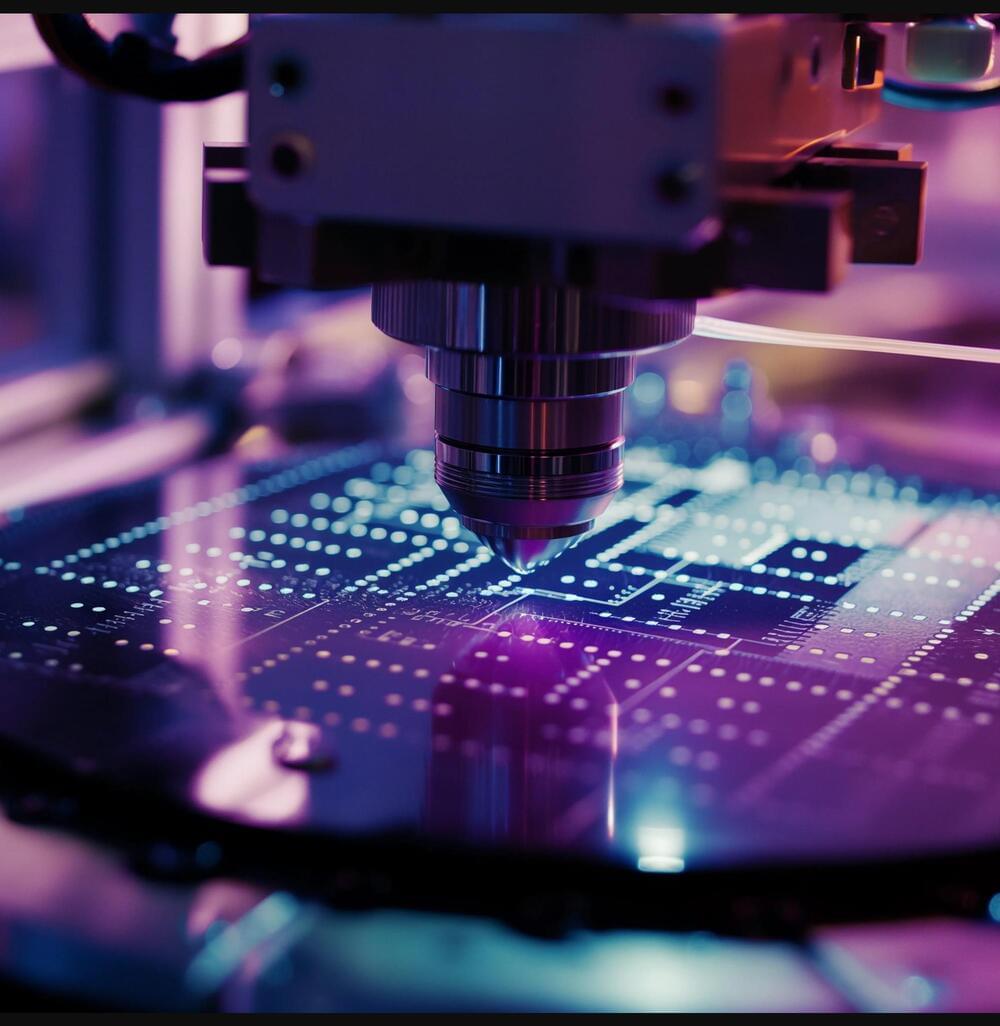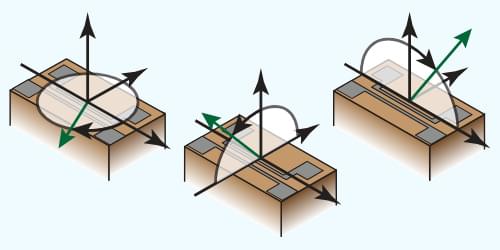In today’s semiconductor manufacturing industry, the most advanced chips are produced at 7 nm and below where there is little room for error. Despite the difficulty and unrelenting pressures found in this microworld, engineers and scientists remain undeterred in their pursuit of cutting-edge processes, techniques or materials that push the boundaries of Moore’s Law. Through endless experimentation at the nanoscale level, designers and researchers seek to uncover minute improvements that have the potential to translate into millions—if not billions—of dollars in revenue for chipmakers.
The emergence of carbon nanotubes (CNTs) as a compelling alternative material to address inefficiencies in extreme ultraviolet (EUV) lithography has the potential to be one of those innovations. However, contemporary production methods create CNTs that fall short of expectations. To realize the full potential of CNTs requires a new production method that significantly improves their quality. Only then can they help the semiconductor industry deliver on the insatiable demands for advanced chips.
Before exploring the production methods behind creating CNTs, one must first understand why they are so crucial in the semiconductor industry.






